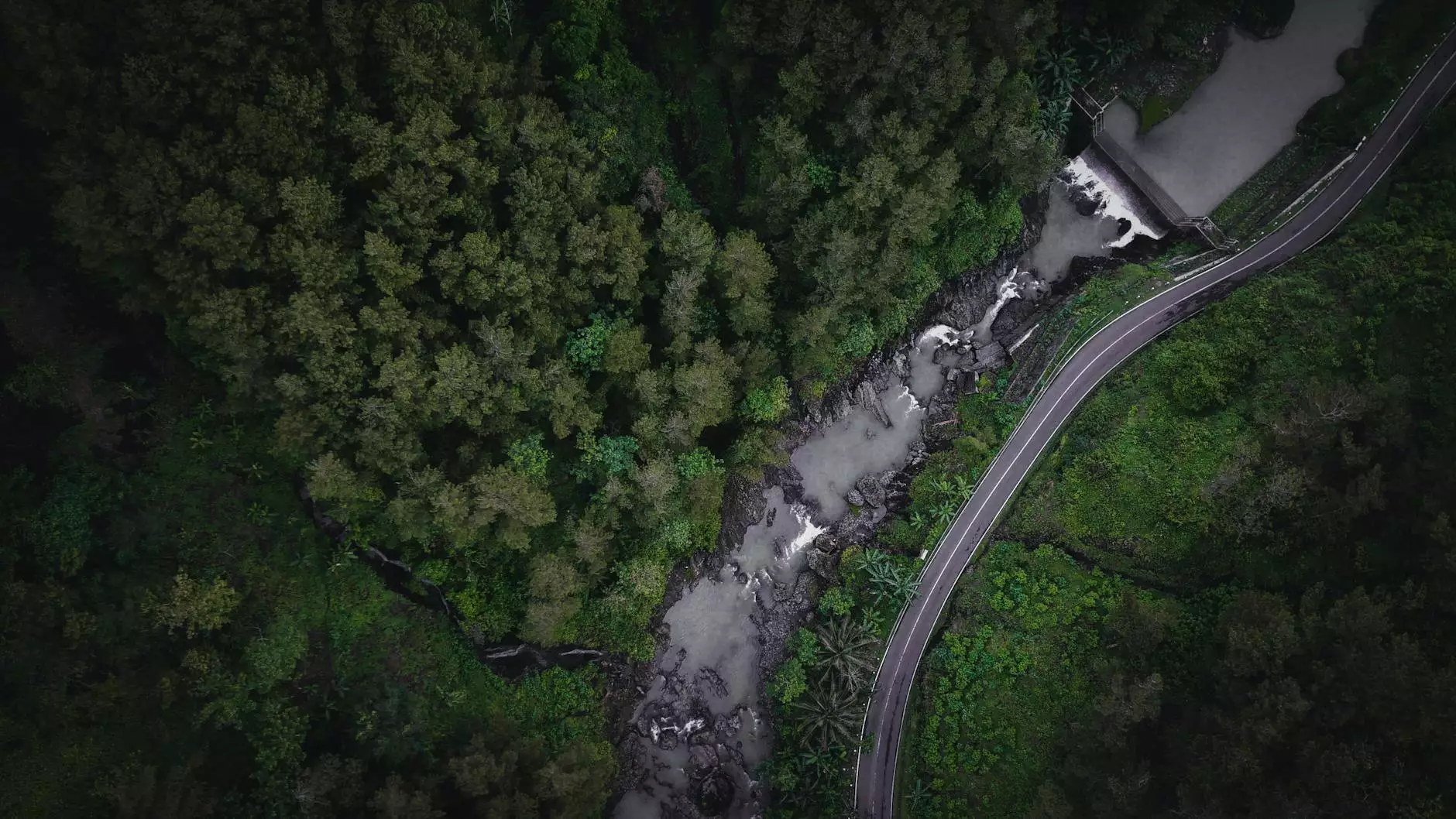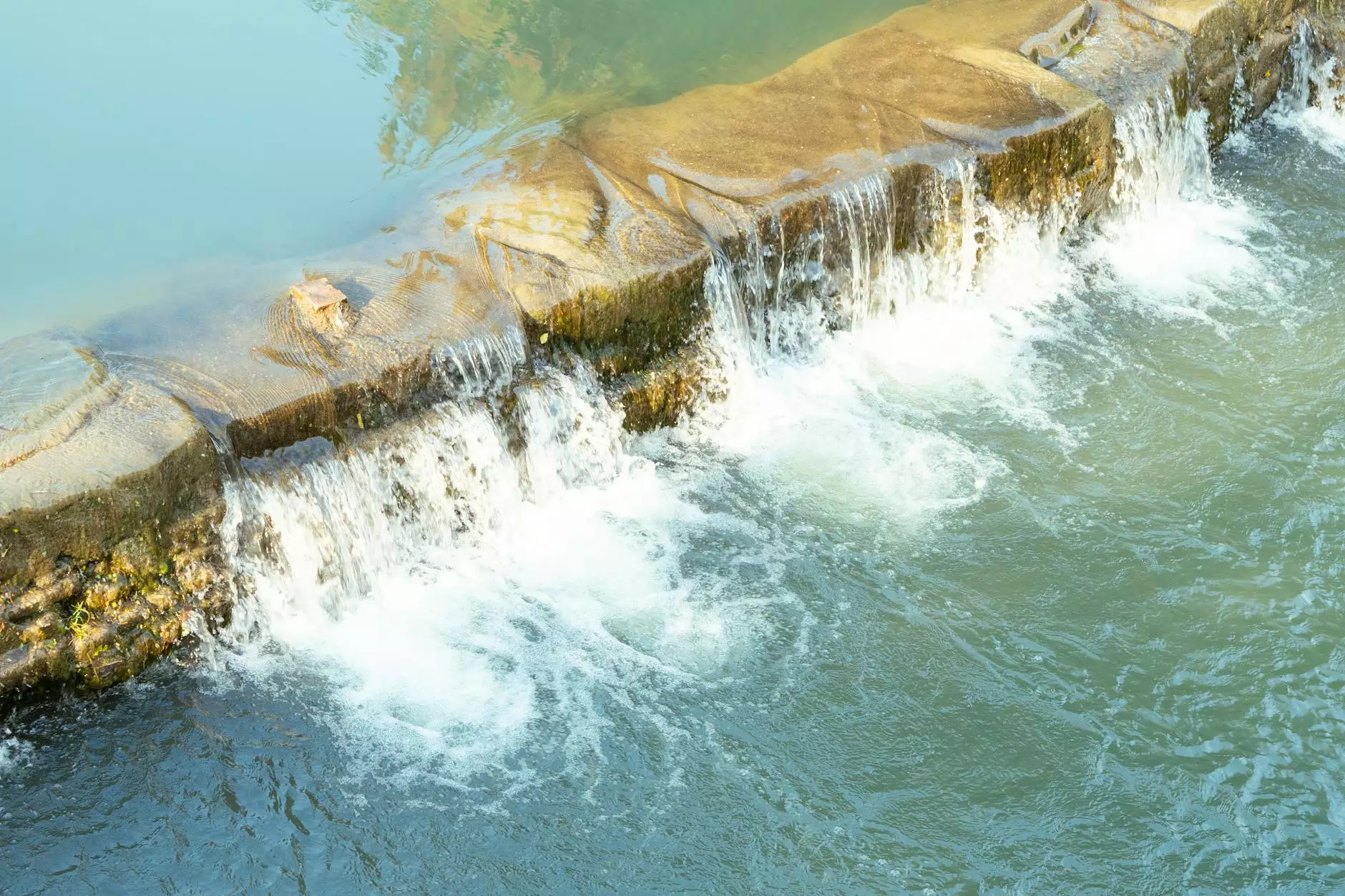Essential Guide to 4x4 Recovery Gear for Off-Road Adventures

When it comes to off-road driving, the thrill of adventure is often accompanied by the risk of getting stuck in precarious situations. Whether you are exploring rugged trails or navigating through muddy terrain, having the right 4x4 recovery gear can be the difference between a successful outing and a frustrating ordeal. In this comprehensive guide, we delve into the importance of recovery gear, essential equipment you should consider, and tips on how to use them effectively.
Why You Need 4x4 Recovery Gear
Off-roading invites countless opportunities for adventure, but it also comes with its share of challenges. Being equipped with the right 4x4 recovery gear not only enhances your safety but also ensures that you are prepared for anything the wilderness throws at you. Here are some key reasons why recovery gear is essential:
- Safety: Proper gear can keep you and your vehicle safe in unexpected situations.
- Convenience: Having the right tools on hand helps you resolve issues quickly, minimizing downtime.
- Cost-Effective: Investing in quality recovery gear can save you money in the long run by preventing potential damage to your vehicle.
- Expertise: Being knowledgeable about recovery techniques can enhance your off-roading skills and confidence.
Essential 4x4 Recovery Gear
Now that we understand why recovery gear is vital, let's explore the most essential items you should consider adding to your off-road toolkit.
1. Recovery Straps
Recovery straps are designed to recover a vehicle by using the kinetic energy created during the pull. Here are some essential features to consider:
- Material: Look for high-quality nylon straps that can withstand heavy loads.
- Length: A longer strap allows for more versatile use, especially in deep mud or sand.
- Rated Capacity: Ensure the strap's strength is adequate for your vehicle’s weight.
2. D-Rings and Shackles
D-rings and shackles act as connectors to safely attach your recovery straps to anchor points. When purchasing these items, consider the following:
- Material Strength: Opt for steel options to prevent bending or breaking under stress.
- Size and Compatibility: Ensure that the D-rings fit your vehicle’s recovery points securely.
3. Winches
Winches are invaluable when it comes to 4x4 recovery. They can pull a vehicle out of difficult situations or assist in pulling heavy loads. Key considerations include:
- Winch Type: Choose between electric and hydraulic winches based on your needs and usage frequency.
- Pulling Capacity: A rule of thumb is to look for a winch with a pulling capacity at least 1.5 times the total weight of your vehicle.
4. Tow Straps
In addition to recovery straps, tow straps are useful for moving a vehicle on flat ground. These straps should be:
- Versatile: Look for adjustable lengths to handle different towing situations.
- Visible: Bright colors help make your gear easily identifiable in emergencies.
5. Tire Repair Kits
Punctured tires can transform an adventurous outing into a frustrating experience. A good tire repair kit usually comprises:
- Inflation Tools: A mini air compressor can help you inflate tires quickly.
- Repair Supplies: Items like tire plugs and patches are essential for on-the-spot repairs.
6. Portable Jump Starter
A dead battery can leave you stranded in the most remote areas. A portable jump starter can help revive your vehicle without needing another car. Look for a model that features:
- Built-in Safety Features: Short-circuit protection and spark-proof design are vital.
- Multi-Functionality: Look for one that includes USB ports for charging devices.
Preparing for Off-Road Recovery
Preparation is key to off-road recovery success. Understanding the environment and being adequately equipped can enhance your off-road experience significantly. Here are some tips to prepare for recovery:
1. Assess Vehicle Capability
Your vehicle's specifications, including weight and power, should dictate the type of recovery gear you purchase. Make sure your gear can handle your vehicle's weight, particularly when fully loaded.
2. Knowledge of the Terrain
Always consider the terrain you’ll be driving through. Different environments may require specific types of recovery gear. For example:
- Sand: A sand shovel can assist in digging out tires.
- Mud: Traction mats can help you gain grip on slippery surfaces.
3. Team Up With Fellow Off-Roaders
Having a companion while off-road ensures you have additional help available in case of emergencies. It is also beneficial to share recovery gear and knowledge.
Recovery Techniques
Knowing how to use your recovery gear effectively is just as important as owning it. Here are some common recovery techniques:
1. Winching
Using a winch for recovery requires a solid anchor point. Here’s a basic technique:
- Assess the area and find a stable object to anchor the winch.
- Secure the winch line to the stuck vehicle using a D-ring.
- Carefully engage the winch, ensuring that the vehicle's tires are directed away from the anchor point.
2. Snatch Recovery
This method involves the use of a recovery strap to pull out a stuck vehicle with the help of another. Key points include:
- Ensure both vehicles have similar weight for efficiency.
- Attach the recovery strap to both vehicles using approved connectors.
- Begin with a gentle acceleration for a gradual pull.
3. Self-Recovery
In scenarios where you’re alone, self-recovery techniques come into play. Use methods such as:
- Using a winch if applicable.
- Creating traction under tires with logs, branches, or sand mats.
Conclusion: Ready for Adventure
Having the right 4x4 recovery gear is vital for any off-road enthusiast. The difference between a wonderful adventure and a challenging situation often hinges on being prepared. Equip yourself with quality gear, understand the techniques, and remain safe while exploring the great outdoors. Always prioritize safety by ensuring that you have the necessary equipment and knowledge to handle unexpected situations. Remember, off-roading should always be fun and exciting, not stressful!
© 2023 Offroad Zone. All rights reserved.









